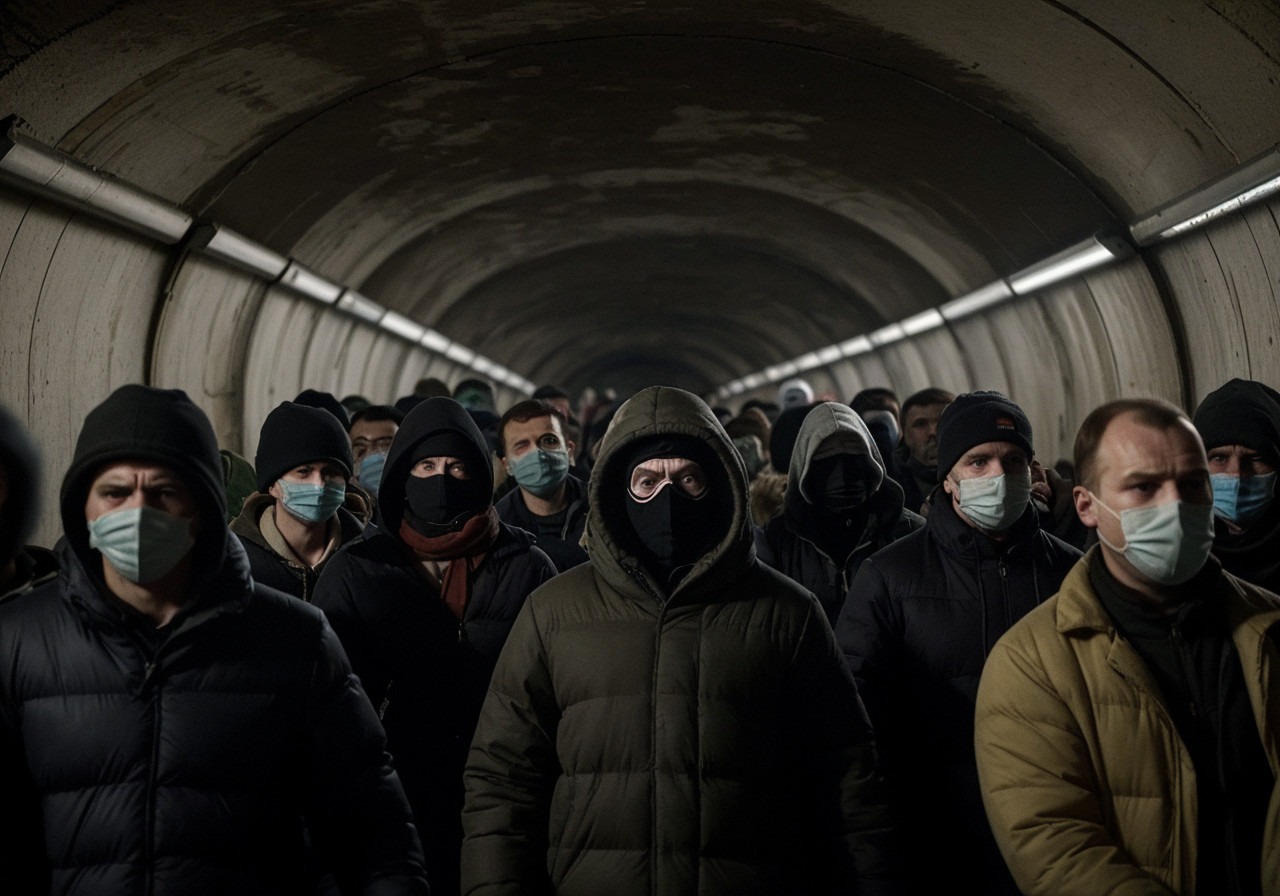The Ankovirus crisis in Siberia has taken a devastating turn as the death toll reaches 55, with infections now reported in two additional cities, Vostok and Krasnogorsk. The rapid spread of the virus and the increasing fatalities have intensified criticism of Russian President Vladimir Putin for his administration’s handling of the outbreak.
Dr. Ivan Petrov, the frontline physician in Anko, described the situation as dire. “The virus is spreading faster than we can manage. We need more resources and support to contain this,” he stated. The virus, a unique member of the Mononegavirales order, continues to present severe symptoms including abscesses, internal hemorrhaging, immune suppression, rash, and fever.
Virologist Dr. Elena Mirova, who has been studying Ankovirus, expressed urgent concern. “With infections now in Vostok and Krasnogorsk, we are facing a regional epidemic. The virus’s unknown nature makes it particularly challenging to control.”
Andrei Sokolov, Anko’s first known survivor, remains a beacon of hope. “Seeing the death toll rise is heartbreaking, but I want to remind everyone that recovery is possible. We must stay strong,” he urged. Sokolov continues to share his recovery journey, now gradually increasing his fitness activities.
Mayor Sergei Ivanov has repeatedly called for more international aid. “Our pleas for help are not being met with the urgency they require. Lives are at stake, and we need immediate intervention,” he implored.
Environmental activist Natalia Kirova emphasized the broader implications of the crisis. “This outbreak is a direct result of climate change. The permafrost thaw released this ancient virus. If we do not take decisive action on global warming, we will see more such tragedies.”
Criticism against President Vladimir Putin has been mounting, with many accusing him of neglecting the crisis. Despite the growing severity, the federal response has been slow and insufficient. “Putin’s inaction is costing lives,” said Alexei Novikov, a political analyst. “This is a clear failure of leadership.”
International organizations like the World Health Organization (WHO) have ramped up efforts, but the logistical challenges of Siberia’s remote locations complicate swift intervention. The WHO has declared a regional health emergency, but more comprehensive support is needed.
As the Ankovirus crisis deepens, the need for immediate, coordinated global action is more pressing than ever. The world watches in anticipation, hoping for effective measures to stem the outbreak and prevent further loss of life.

